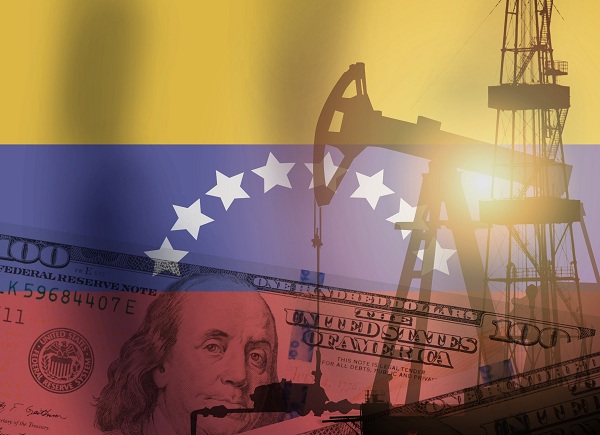
- Venezuela officially halts Petro crypto after six years, converting assets to bolivar.
- Petro faced scepticism and limited adoption.
- Corruption scandal and crackdown on Bitcoin mining contributed to Petro’s downfall.
Venezuela is officially discontinuing its controversial Petro cryptocurrency, a project initiated by President Nicolas Maduro six years ago to counter US sanctions. Despite initial ambitions, the Petro faced hurdles, scepticism, and a corruption scandal.
As crypto wallets on the Patria Platform, the sole trading platform for Petro shut down, the remaining assets will be converted to the bolivar. The demise of Petro comes amidst a crackdown on crypto mining and a challenging economic landscape in Venezuela.
A brief history of the Petro cryptocurrency
Launched with much fanfare in February 2018, the Petro cryptocurrency was backed by Venezuela’s substantial petrol reserves and priced at $60 per unit. President Maduro aimed to utilize Petro for new international financing avenues, intending to circumvent economic sanctions imposed by the US. However, citizens struggled with its use, risk rating agencies labelled it a “scam,” and adoption remained limited.
Despite efforts in 2020 to mandate its use for state services, such as passport fees and airline fuel payments, Petro found practical application mainly in limited state operations, including tax payments and traffic fines.
On the Patria Platform, where Petro was traded, users could convert the cryptocurrency to bolivars through an auction system. However, Petro’s credibility continued to wane, and its use remained confined.
Downfall and demise: Petro’s final blow
The Petro faced its ultimate setback with a corruption scandal surrounding irregularities in oil operations conducted using crypto assets. The scandal led to the resignation of Petroleum Minister Tareck El Aissami and the detention of officials, including those from the Sunacrip crypto regulator.
This development triggered a crackdown on Bitcoin mining operations in Venezuela, where cryptocurrencies had been popular as a hedge against hyperinflation and bolivar devaluation. A temporary ban on crypto mining, linked to a corruption scheme investigation, resulted in the arrest of around 80 individuals and impacted the industry Maduro aimed to promote.
In its wake, Venezuela is left grappling with the challenges posed by the discontinuation of Petro and the broader implications for its crypto landscape amidst economic uncertainties and sanctions.
